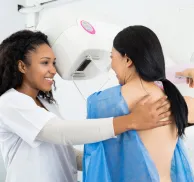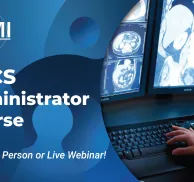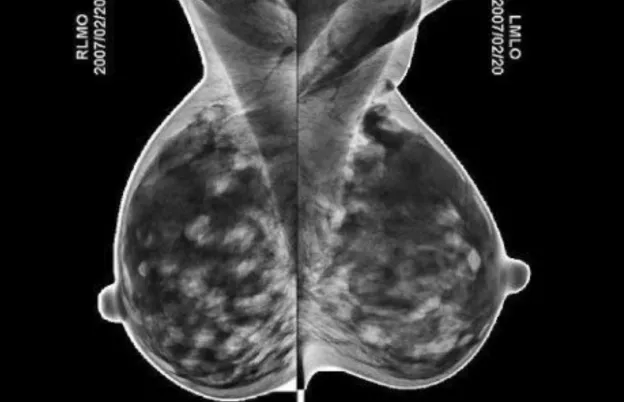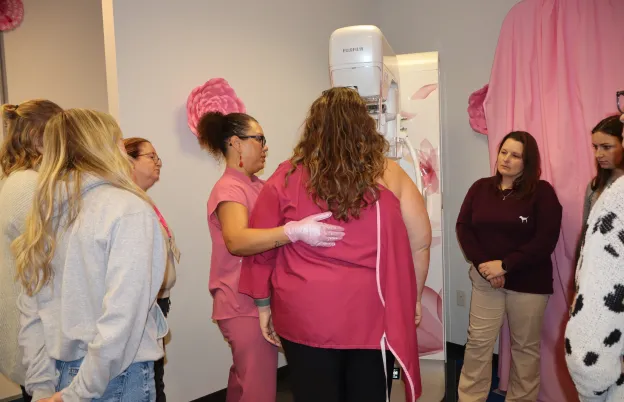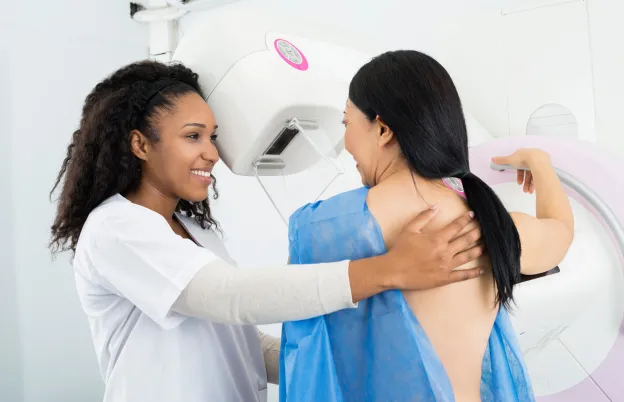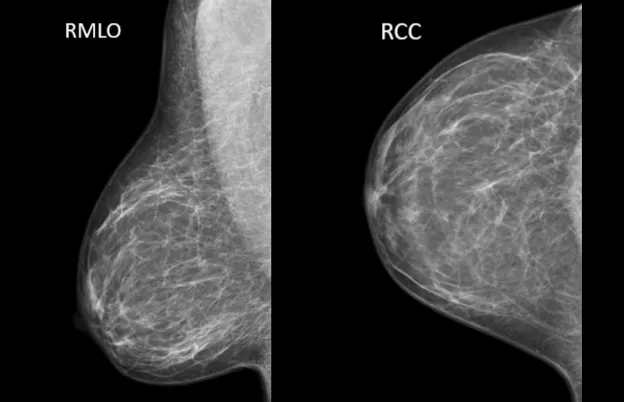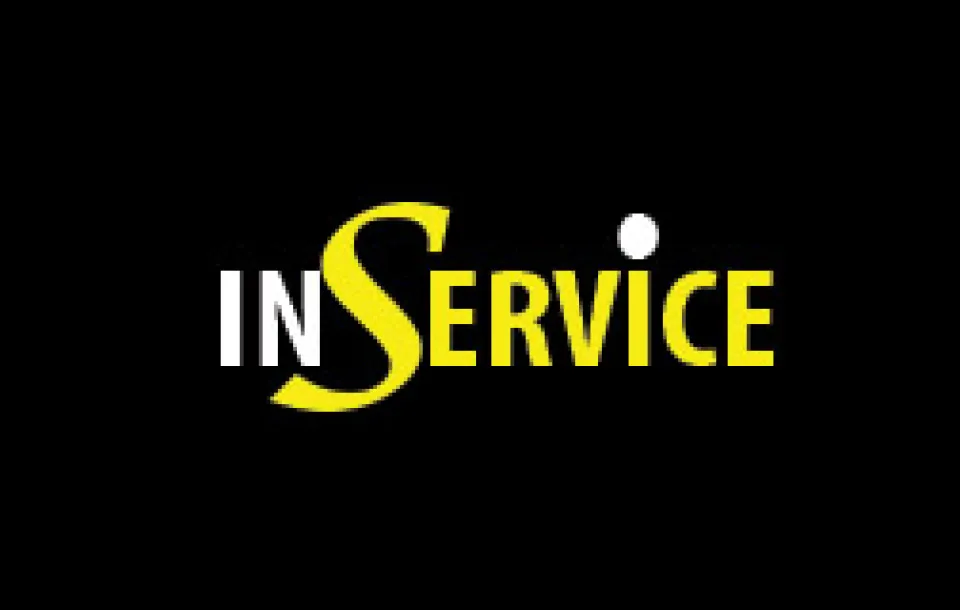
Mammography: A Patient-Centric Approach
About this Program
Patient satisfaction has gained immeasurable attention recently, and is linked to insurance reimbursement plus patient volume in an imaging center. By understanding how to keep technologists engaged/passionate about their job and key factors in patient care, patient-perceived proficiency of care can be altered. With increased satisfaction during imaging, patients are more willing to return for recommended annual examinations, and follow physician direction for breast health. Mammographic positioning is an art, which routinely requires updated proficiency. Innovations in imaging equipment require technologists to adjust the methods originally learned for more updated processes. This knowledge will gain patients’ confidence and assist in providing comfort during their visits to the imaging center.
Educational Objectives
At the conclusion of this program, attendees will:
- Discuss how the mammographer acts as an agent, through observation and communication, to obtain pertinent information for the radiologist to aid in the diagnosis and treatment of the patient.
- Recognize how the mammographer assesses situations; exercises care, discretion and judgment; Assumes responsibility for professional decisions, and acts in the best interest of the patient
- Describe how equipment design characteristics have changed some positioning patient techniques.
- Recall ways to provide patients with thoughtfulness, which includes patient relaxation, ways to lessen patient anxiety, connecting with patients.
- Apply skills for educating patients on current breast-related topics which would include breast cancer risk factors, current screening recommendations, and radiation dose.
- Recognize facets of patient-centered care, emotional and psychological support, and its benefits to patients.
- Express ways we, as imaging professionals, can advocate for our patients in today’s society.
- Identify key elements of fundamental communication with patients, in order to better develop good patient rapport.
Schedule
What this course will cover
- Mammography Ethics and Patient Communication
- Mammography Ethics
- How mammographers act as an agent for the patient
- How mammographers
- assesses situations
- exercise care, discretion and judgment
- assumes responsibility for professional decisions
- Obtain proper patient history to assist physician in making diagnosis
- How positioning properly plays a role in assisting physicians in making diagnosis
- tips on positioning CC and MLO view
- Patient Communication
- Our interaction with the patient
- Have patient center care
- Verbal and non-verbal communication
- Education and emotional support for your patient
- Additional Views, when to use what views
- True lateral
- FB
- XCCL
- LMO
- Cleavage
- SIO
- Quality Assurance through Image Evaluation
- FDA/MQSA Regulations
- ACR Accreditation and MQSA EQUIP Program
- ACR and EQUIP - eight image criteria
- positioning
- compression
- exposure
- contrast
- sharpness
- noise
- artifacts
- exam identification
- Special Needs Imaging
- post-surgical breast
- irradiated breast
- implants
- patients with challenging body habitus
Audience
Who should attend?
This program is for the working mammography technologist.
Program Faculty
Meet your presenter(s)

Miranda Melton
RT(R)(M)
Miranda became registered with the ARRT as a Radiologic Technologist in 1998 and specialized in Mammography in 1999. She spent the first 8 years working her way up from staff technologist to lead technologist before accepting a Clinic Manager Role with Diagnostic Imaging Centers, P.A. in Lee’s Summit, Missouri in 2006. After 10 years in that role, Miranda took a leap of faith in 2017 and began working as an Independent Mammography Positioning Specialist and Educator. Most of her time was spent teaching for Medical Technology Management Institute (MTMI) on the Initial Mammography Training team as well as traveling the US to provide hands-on positioning workshops. Miranda also worked part-time as Corporate Supervisor in the Mammography Department at University Health, Kansas City, Mo where she collaborated with the Lead Interpreting Physician to ensure all breast imaging protocols, workflows, quality control, and quality assurance issues/concerns were addressed and managed per MQSA/ACR guidelines. In February of 2023, Miranda accepted the position of Director of Women’s Imaging Education at MTMI. In this role, Miranda oversees and manages the Women’s Imaging portfolio of courses and events. Miranda is passionate about women’s health education and continues to provide hands-on positioning workshops as well as teaches several MTMI programs such as Initial Mammography Training, Conquering MQSA and ACR, and many more CEU webinars.
Credits
Accredited training programs
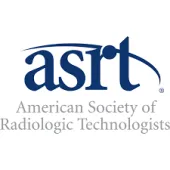
ASRT Category A
This program provides 8 hour(s) of Category A continuing education credit for radiologic technologists approved by ASRT and recognized by the ARRT® and various licensure states. Category A credit is also recognized for CE credit in Canada. You must attend the entire program to receive your certificate of completion.
Tuition

| Audience | Price | Early Price | Member Price | Member Early Price |
|---|---|---|---|---|
| Mammography: A Patient-Centric Approach (employee) | $0.00 | $0.00 | $0.00 | $0.00 |
Early Pricing Guidelines
Qualifying 'Early' registrations must be made at least 14 days in advance for the program.Cancellation Policy
Seminars/Webinars 8 hours of credit or more
Refunds, minus a $30 processing fee, will be granted for cancellations received at least 3 days prior to the program. Cancellations received within 3 days of the program will receive a credit toward a future MTMI program, minus the $30 processing fee. No refunds will be made after the program starts. MTMI reserves the right to cancel any scheduled program because of low advance registration or other reasons. MTMI’s liability is limited to a refund of any program tuition paid. MTMI recommends that attendees use refundable airline tickets. In case of cancellation of a program for any reason, MTMI is not responsible for travel costs incurred by attendees including non-refundable airline tickets. When offered, WEBINAR ATTENDEES that cannot log in due to unsolvable technical issues beyond their control will be eligible for a full refund.
